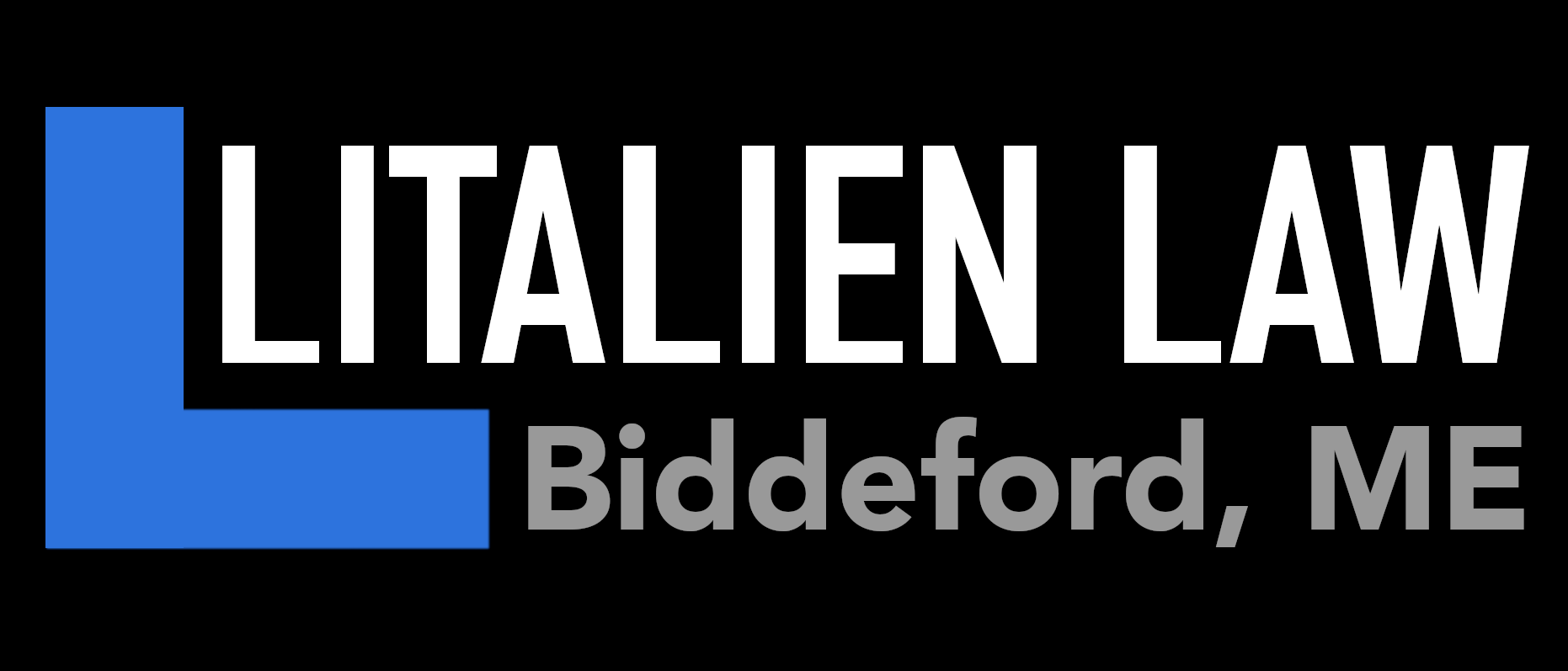Understanding the Need for AI Policies in Employee Handbooks
As we venture further into 2025, the integration of Artificial Intelligence (AI) into workplace operations continues to stir curiosity and concern. Many businesses feel the pressing need to update their employee handbooks to address this dynamic technology appropriately. The uncertainty around AI can be daunting, yet making proactive updates can provide both legal protection and a clear operational framework, fostering a culture of trust and compliance. The Role of Transparency in AI Implementation
Transparency is pivotal. Organizations need to disclose AI's role in performance monitoring, applicant screening, and productivity tracking. Such openness not only meets emerging legal standards but also builds internal trust. When employees are aware of how AI is applied, it fosters a sense of inclusion and fairness, reducing apprehension about being monitored by unseen algorithms. Establishing AI Data Privacy Protocols
As AI becomes more pervasive, it's essential to delineate how employee, customer, and personal data is collected, used, and safeguarded. Ambiguous policies can expose businesses to significant risks, highlighting the necessity to have explicit AI data privacy protocols in place. For instance, failure to clarify data usage may result in breaches that could damage both reputation and operations. Defining Responsible AI Use
Setting clear boundaries for the use of generative AI tools, like ChatGPT, is crucial. Establishing where these tools are appropriate and where they might infringe on ethical or legal boundaries helps maintain corporate integrity. For example, while AI can enhance customer interactions, it might not be suitable for sensitive decision-making processes that require human discernment. Benefits of Updating the Employee Handbook
Updating your employee handbook with clear AI policies can unify teams, reduce misunderstandings, and offer legal coverage for your business. Clear language and proactive updates ensure everyone is on the same page, providing a cohesive strategy that aligns with the company's technological advancements and ethical standards. Taking the Next Steps
Integrating AI policies into your employee handbook is no longer optional—it's a strategic imperative. However, this task doesn't need to be overwhelming. Implementing small, strategic steps now can prevent substantial challenges later. We encourage business leaders to assess their current handbooks and seek professional guidance where necessary. Ensuring compliance and fostering a positive work environment start with these crucial updates.

